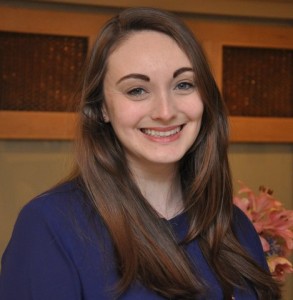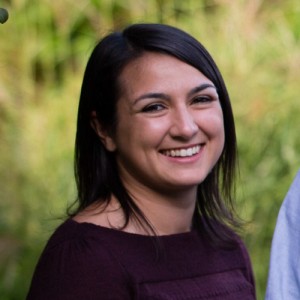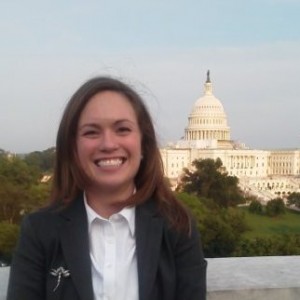The Bryce Harlow Foundation, the national capital’s premier organization supporting the profession of lobbying and government advocacy, announced the 24 recipients of its prestigious graduate-school fellowships for the academic year 2015-2016.
Bryce Harlow fellowships are awarded annually to exceptional graduate students who aspire to have careers in government relations and lobbying. Bryce Harlow Fellows attend graduate school part-time while working full-time in a variety of settings, including Capitol Hill, government agencies, lobbying firms and trade associations.
The 2015-16 class of twenty-four Fellows was chosen from more than 60 applicants. The Fellows are pursuing graduate degrees such as law, business and public policy at Washington, D.C.-area schools including American University, the Catholic University of America, George Mason University, George Washington University, Georgetown University and Johns Hopkins University. The Foundation considers its Bryce Harlow Fellows to be the future of government advocacy. The fellows must be committed to practicing government advocacy with the highest level of integrity. In addition to an $8,000 award, Fellows are assigned mentors from the Foundation’s board of governors.
2015-16 Bryce Harlow Fellows
- Jesse Barba – Government Affairs Associate, Cassidy & Associates
- Bailee Barfield – Health Policy Analyst, United Health Group
- Aryenish Birdie – Regulatory Testing Policy Specialist, Physicians Committee for Responsible Medicine
- Joshua Blume – Professional Staff, Senate Committee on Finance
- Derek Brandt – Congressional Affairs Representative, American Academy of Neurology
- William Brown – Director of Government Affairs, National Utility Contractors Association
- Terry Camp – Research Assistant, Subcommittee on Federal Lands, House Committee on Natural Resources
- Katelynn Eckert – Senior Legislative Associate, American Chemical Society
- Suzanne Falk – Government Affairs Representative, Medical Group Management Association
- Logan Feree – Senior Legislative Assistant, Congressman Jared Huffman
- Skiffington Holderness – Senior Advisor, Office of U.S. Senator James Risch, Idaho
- Caroline Goncalves Jones – Assistant Director of Outreach, Campaign for Tobacco-Free Kids
- Kirsten Hunter – Research Associate, Peck, Madigan, Jones & Stewart, Inc.
- Alexandria Icenhower – Communications Associate, The Brookings Institution
- Joshua Krantz – Political Affairs and Advocacy Manager, Society of Thoracic Surgeons
- Victor Machado – International Government Affairs Specialist, Dupont
- Caitlin McHale – Executive Coordinator – Global Treasury, Mars Incorporated
- Paul Melmeyer – Associate Director of Public Policy, National Organization for Rare Disorders
- Eric Morrissette – Assistant Congressional Liaison, Office of Board Members, United States Federal Reserve
- Elizabeth Murphy – Senior Policy Associate, The Sheridan Group
- Ian Nicholson – Assistant to the Staff Director, Senator Ron Wyden (D-OR), Chairman/Ranking Member United States Committee on Finance
- Timothy Powers – Director of Accountability and Regulatory Affairs, National Association of Independent Colleges and Universities
- Megan Taylor – Press Secretary, Senator Cory Gardner
- Bryan Wood – Professional Staff – House Committee on Financial Services





